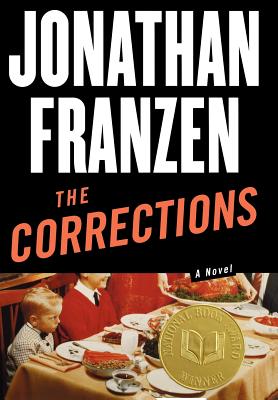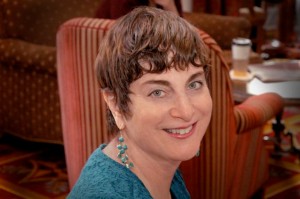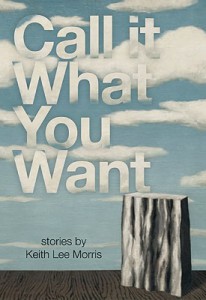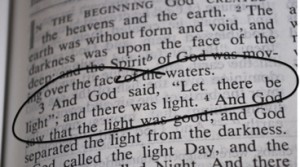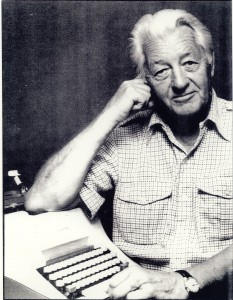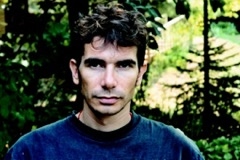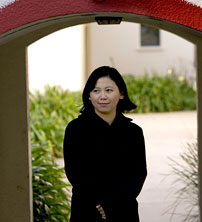The ReCorrections: Part II
by Scott F. Parker
In the second part of his essay, Scott F. Parker discusses The Corrections as a key to Franzen’s thoughts on commerce and art, and how this tension led to the controversy surrounding the Oprah Book Club. Parker argues that the deep connection the reader forges with the Lamberts is precisely because of their abiding flaws and loneliness, because Franzen reveals how their struggles are our own.

